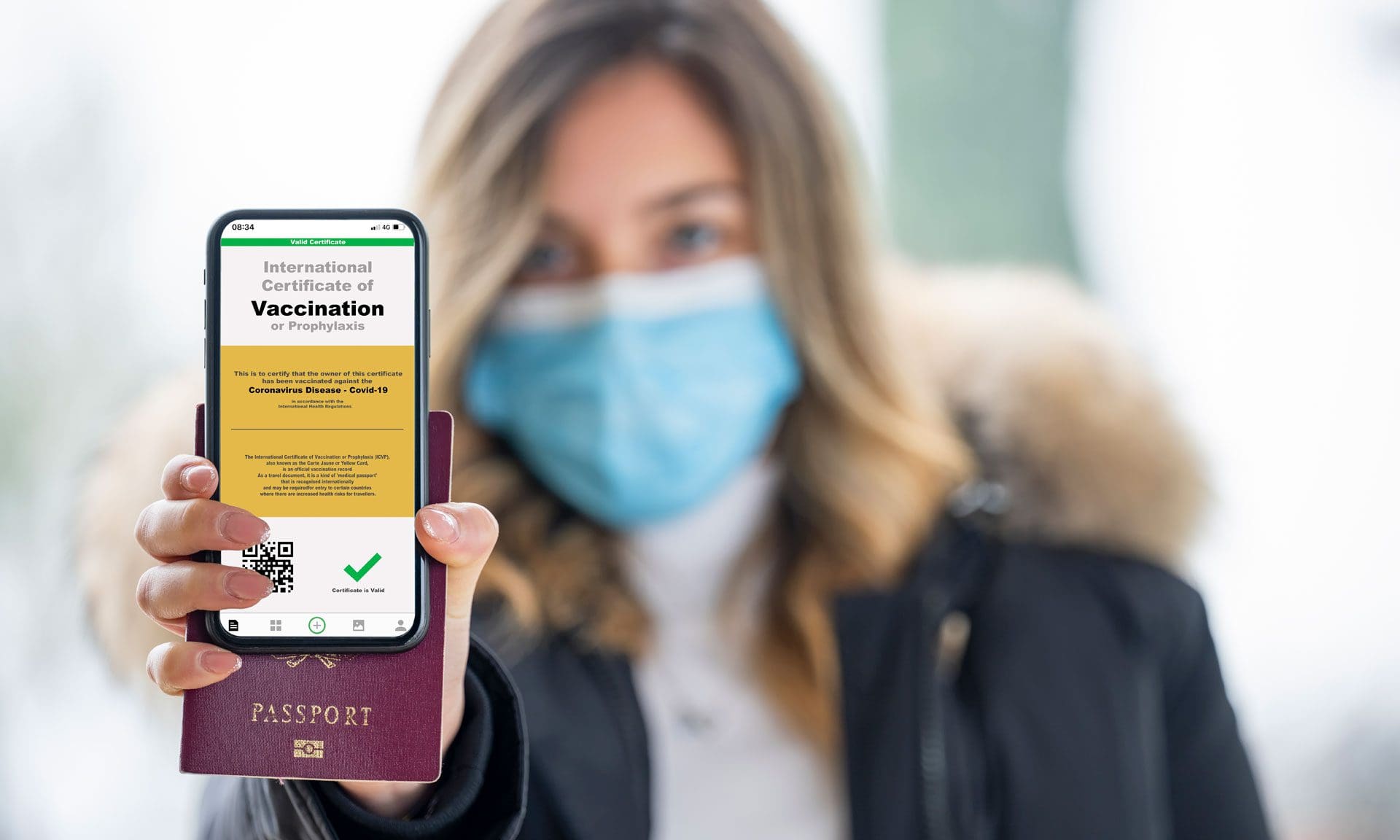

G20 Backs Global Vaccine Passport and ‘Digital Health’ Identity Scheme
Leaders of the Group of 20 (G20) have issued a joint declaration promoting a global standard on proof of vaccination for international travel and calling for the establishment of “global digital health networks” that build on existing digital COVID-19 vaccine passport schemes. The Epoch Times has more.
The joint statement followed the conclusion of the G20 summit held in Bali, Indonesia, where leaders discussed global challenges and coordinating policies in response, including to future pandemics.
“We acknowledge the importance of shared technical standards and verification methods, under the framework of the IHR (2005), to facilitate seamless international travel, interoperability, and recognizing digital solutions and non-digital solutions, including proof of vaccinations,” the G20 joint declaration reads.
The International Health Regulations (2005) is an instrument of international law developed under the auspices of the World Health Organisation (WHO) that lays down a global framework for responding to the international spread of disease.
The WHO-backed standard, which entered into force in 2007, required countries to strengthen surveillance capacities at border crossings and introduced a series of health documents, including international certificates of vaccination.
Besides acknowledging the utility of the IHR framework, the G20 leaders said they support ongoing “international dialogue and collaboration on the establishment of trusted global digital health networks as part of the efforts to strengthen prevention and response to future pandemics.”
They added that these global digital health networks should “capitalise and build on the success of the existing standards and digital COVID-19 certificates.”
COVID-19 vaccine passports – and various other forms of digital identity schemes – have been criticised as an invasion of privacy and as having the potential to enable governments and corporations to coerce human behavior by, for instance, denying access to infrastructure or services.
The joint declaration follows recommendations from Indonesia’s Minister of Health Budi Gunadi Sadikin made during a Business 20 (B20) panel held ahead of the G20 summit.
“Let’s have a digital health certificate acknowledged by WHO – if you have been vaccinated or tested properly – then you can move around,” he said during a panel on November 14th.
Sadikin added that the benefit of a global WHO-standardised vaccine passport would be to facilitate international travel.
“So for the next pandemic, instead of stopping the movement of the people 100%, which stopped the economy globally, you can still provide some movement of the people,” he added.
Sadikin added that G20 countries have agreed to such a global digital health certificate and that the idea now is to introduce it as a revision to the IHR framework at the next World Health Assembly, scheduled for May 2023 in Geneva, Switzerland.
In a 132-page document that contains a series of recommendations for the G20, the B20 urged the widespread adoption of digital documentation of COVID-19 certificates that would be part of a “technology-enabled ‘always-on’ global health infrastructure.”
A permanent digital infrastructure to determine who may exercise basic rights and freedoms – what could go wrong?
But don’t worry, no one would ever use it to force you to take an ineffective and unsafe experimental therapy…
Worth reading in full.






